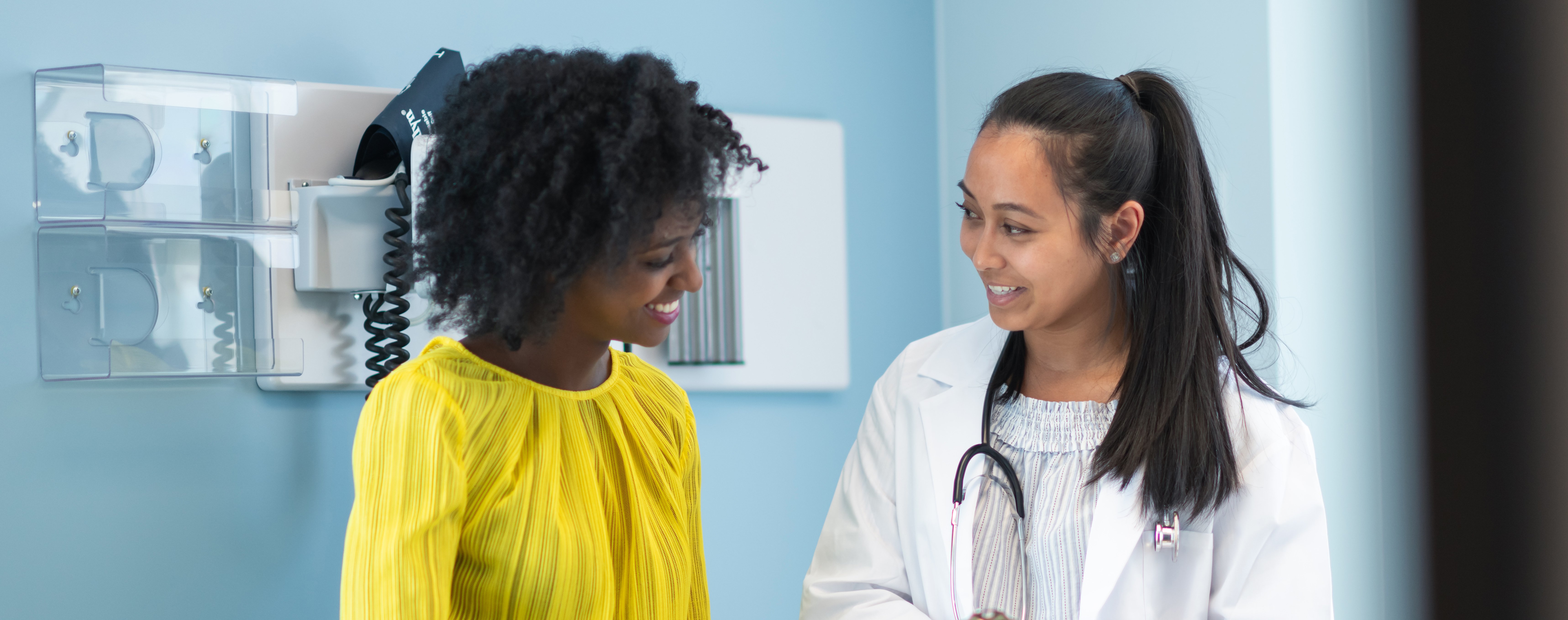- Services
- Patients & Visitors
- For Healthcare Providers
- Research
- Contact
- Pay My Bill
- Careers
- Donate
- My Health Record
- +1 (401) 227-3669

Digestive disorders are very common, especially in women. An upper endoscopy can be a useful tool in diagnosing and treating these problems. The examination may be used to investigate symptoms such as:
Please plan to arrive at the hospital one hour before your scheduled appointment. Although you will probably not be called until the time of your scheduled appointment, we ask your cooperation with this policy. We realize this may not be convenient, but the time may be needed for two reasons:
Once your procedure is complete, your guest may sit with you before you go home. Before you are discharged, you will need to:
Once you are brought into the Ambulatory Surgery Unit, the following will happen:
Your guest may wait in the Main Lobby on the first floor of the hospital, or he/she may leave a contact number with the nurse to call when you are ready to go home. Please fill out a “Speak With” form if you would like your doctor to speak with someone after your procedure.
Please ask your ride to park in the front circle of the Main Entrance when coming to pick you up.
When you leave, you will be given instructions from your doctor – please call our office at (401) 453-7953 if you have any questions or concerns once you are home.
Copyright © 2026 Care New England Health System